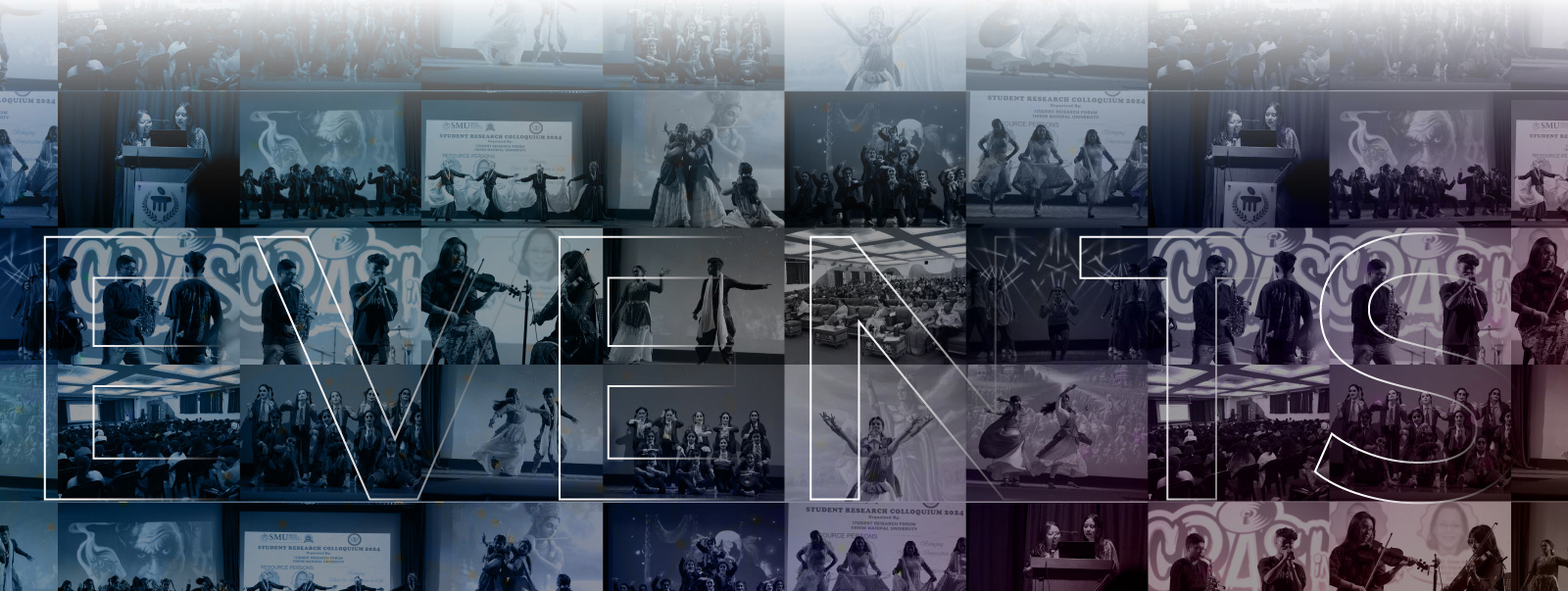GDSC LINUX AND CYBERSECURITY WORKSHOP
FROM 23 Feb 2024 TO 24 Feb 2024
Venue : SMIT @
GDSC SMIT successfully organised a 2-day event on Linux & Cybersecurity on 23rd February & 24th February 2024 in Sikkim, India. The event aimed to equip 120 participants with the fundamental knowledge of Linux and Cybersecurity. Over the course of 3 hours each day, participants actively engaged in workshops led by experienced GDSC Leads and Core Team members as mentors in each workshop.
GDSC WORKSHOP EVENT REPORT
TITLE |
GDSC LINUX AND CYBERSECURITY WORKSHOP |
ORGANIZED BY |
GDSC SMIT |
LOCATION |
AP Lab |
UNDER THE BANNER OF |
GDSC, SMIT, Associate Director (Student Affairs) |
COLLABORATION WITH |
ACCESS SMIT |
STUDENT EVENT |
YES |
EXTERNALLY FUNDED |
NO |
NATURE: INTERNAL PARTICIPANTS / EXTERNAL PARTICIPANTS / BOTH |
INTERNAL |
NO. OF PARTICIPANTS: |
120 |
INTERNAL |
120 |
EXTERNAL |
0 |
MODE: ONLINE / OFFLINE |
OFFLINE |
IF ONLINE PROVIDE LINK |
N/A |
DATE FROM |
23rd February 2024 |
DATE TO |
24th February 2024 |
TEACHER COORDINATOR |
Dr. Himangshu Pal |
STUDENT COORDINATORS |
Aryan Lohia,202100437, Dhruv Bhutra, 202200462 |
PARTICIPANTS LIST |
https://docs.google.com/spreadsheets/d/1WlUk2k 1RZ9AmeJjqo9tzdQjB63a37cOYXGJnw18JP8E/ edit?usp=sharing |
ORGANISING TEAM |
https://docs.google.com/spreadsheets/d/1Kr73tE YM0mZAY6zSwx_n9hg-uzGE1xe59Fx8g5yYrK g/edit?usp=sharing |
EVENT SUMMARY
GDSC SMIT successfully organised a 2-day event on Linux & Cybersecurity on 23rd February & 24th February 2024 in Sikkim, India. The event aimed to equip 120 participants with the fundamental knowledge of Linux and Cybersecurity. Over the course of 3 hours each day, participants actively engaged in workshops led by experienced GDSC Leads and Core Team members as mentors in each workshop.
Day 1:
On Day 1 of our event, participants embarked on an extensive journey into the Linux ecosystem, exploring fundamental topics essential for beginners and enthusiasts alike. We began by diving into Linux terminal commands, equipping participants with the necessary skills to navigate the command line effectively. Next, we delved into Linux user administration, shedding light on user management and permissions crucial for system administrators. Our exploration extended to various Desktop Environments, showcasing options for customising the Linux experience. Additionally, we discussed the organisation of files and directories within the Linux file structure and introduced alternative Windows applications for seamless integration into the Linux environment. Participants honed their command-line skills and learned to navigate manual pages, empowering them to utilise Linux command-line tools efficiently. Furthermore, we provided insights into package management using Pacman and AUR in Arch Linux-based distributions. Participants also sharpened their text editing skills with Nano and Nvim, supported by comprehensive cheat sheets and practical exercises. The day concluded with an overview of Systemctl for managing system services and a glimpse into gaming in Linux, highlighting the growing ecosystem of games and tools available. Overall, Day 1 offered valuable insights and practical knowledge, laying a strong foundation for an enriching event experience.
Day 2:
On Day 2 of our event, we delved into a comprehensive exploration of networking fundamentals and practical demonstrations of advanced concepts. We began with an in-depth discussion on basic Unix tools related to networking, including essential commands such as ping, ifconfig, and traceroute, enabling participants to gain hands-on experience with network diagnostics and troubleshooting. Next, we delved into basic networking concepts, covering IPv4 vs IPv6, various protocols, MAC addresses, subnet masks, NAT, and DNS, providing a solid foundation in networking principles. Additionally, we conducted a small demonstration of MITM (Man-in-the-Middle) attacks using Ettercap/Bettercap, illustrating the potential vulnerabilities in network security and the importance of implementing robust security measures. Furthermore, we outlined the steps for securing users on the network and maintaining anonymity, emphasising the significance of user security and privacy in network environments. The day concluded with engaging CTFs (Capture The Flag) exercises, offering participants an opportunity to apply their newfound knowledge and skills in a practical setting, fostering collaboration and problem-solving abilities. Overall, Day 2 provided a comprehensive exploration of networking concepts and practical demonstrations, empowering participants with valuable insights and skills in network security and administration.
The event successfully provided a comprehensive introduction to Linux and Cybersecurity for 120 participants. The interactive workshops, led by mentors, equipped enthusiastic participants with the fundamental knowledge and practical skills to embark on their programming journey and have an edge academically.


